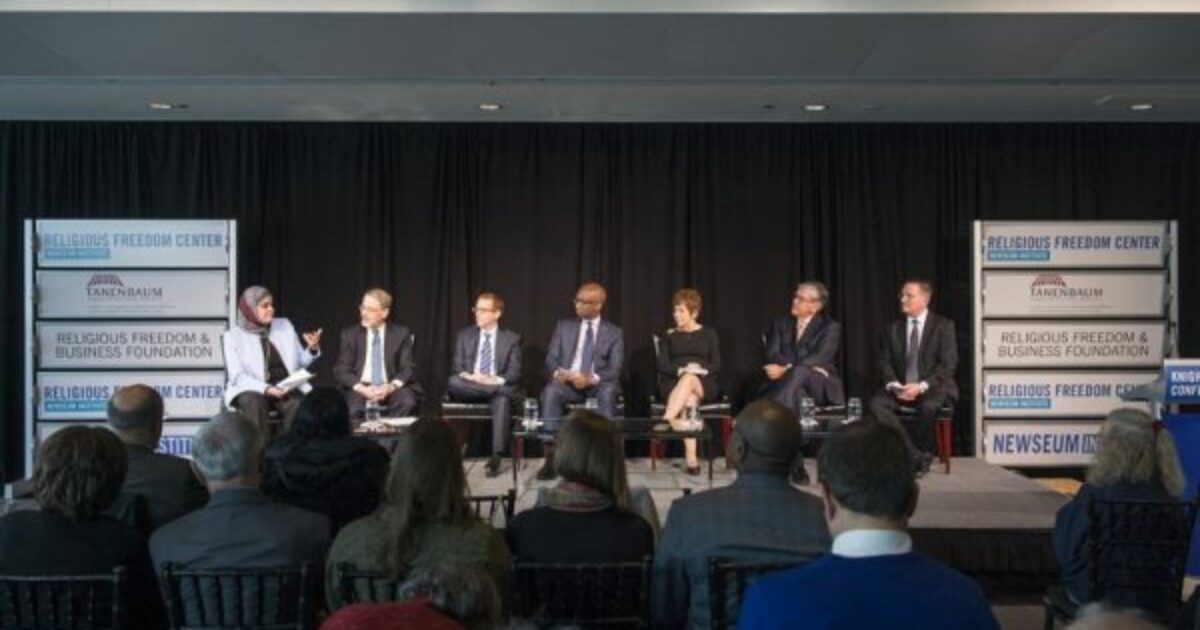Protecting Religious Freedom Is “Good for Business,” Says Adventist Leader
From ANN, January 24, 2016: A Seventh-day Adventist religious liberty leader is urging corporate employers to respect their employees’ religious beliefs—not just because it’s the right thing to do, but also because it contributes to a profitable bottom line. Attorney Dwayne Leslie, associate director of the Public Affairs and Religious Liberty department of the Adventist world denomination, was a panelist at a Washington, D.C., event January 12 which explored the relationship between on-the-job religious freedom, workplace productivity and a healthy economic environment.
“Sometimes employers assume that accommodating their workers’ religious needs makes for a less efficient workplace,” Leslie said. “And it’s true that it scheduling around an employee’s Sabbath or making exceptions for religiously required clothing sometimes takes negotiation and effort.”
“But time and again, we see that protecting these fundamental freedoms ultimately results in a stronger, more diverse, more stable, and more productive corporate workforce,” Leslie stated.
The event, “Religious Freedom and Business: A Way Forward,” was held at the Newseum in downtown Washington, D.C., and was organized by the Religious Freedom and Business Foundation (RFBF). Brian Grim, president of the RFBF, told the gathering of business, political and religious leaders that “the freedom to be who you are, wherever you are, is one of the great sources of innovation”—a reality, he said, that was especially true within the corporate sector.
According the Leslie, recent high-profile court rulings in the United States, such as last year’s Abercrombie & Fitch discrimination case involving a woman wearing an Islamic head covering, have fueled the idea that business interests and religious freedom are usually in competition.
“It’s important, going forward, that we focus on ways of improving and increasing communication between workers and their employers—communication is always the best place to start,” Leslie said. “In most cases, accommodating an employee’s religious belief isn’t an onerous process. Yet its something that pays huge dividends for everyone involved—it’s good for workers, good for businesses, good for our country, and it’s good for the cause of human rights and religious freedom.
“I believe we can do more to help corporate America to see that religious freedom in the workplace is an area where principle and pragmatism converge,” he added.
The January 12 event showcased a newly developed “Corporate Pledge,” which offers corporations guidance on protecting their workers’ religious freedom rights. Find out more about this pledge and the Religious Freedom and Business Foundation at https://religiousfreedomandbusiness.org.
Adventist News Network (ANN) is the official news service of the denomination’s world headquarters in Washington, DC. Featured image credit: ANN/Maria Bryk/Newseum.




